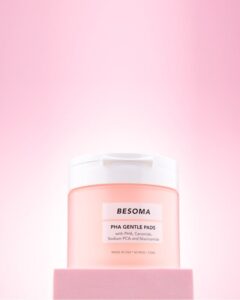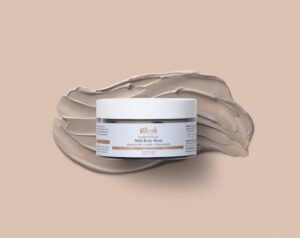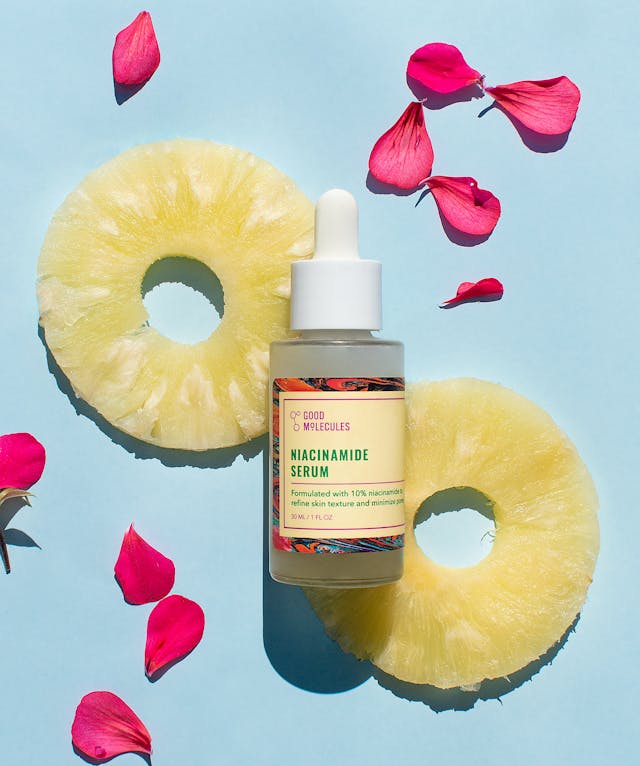What Does Niacinamide Do? A Comprehensive Guide to Its Benefits for Skin, Health, and Wellness
Niacinamide, a form of vitamin B3, has gained tremendous popularity in recent years due to its diverse range of benefits, particularly in skincare. Whether you’re delving into the world of dermatology, exploring nutritional health, or looking for effective beauty products, niacinamide often takes center stage. But what exactly does niacinamide do, and why is it so widely celebrated? In this article, we’ll explore its multifaceted role in skincare and health.

What Is Niacinamide?
Niacinamide, also known as nicotinamide, is a water-soluble form of vitamin B3. Unlike niacin (another form of B3), niacinamide does not cause flushing of the skin. It plays an essential role in energy production at the cellular level and is a vital nutrient that the body cannot produce on its own. You can obtain niacinamide from your diet—found in foods like meat, fish, eggs, and green vegetables—or through supplements and topical applications.
Niacinamide in Skincare
Niacinamide is a powerhouse ingredient when it comes to skincare. It offers a wide array of benefits that cater to nearly every skin type and concern.
1. Reduces Acne and Inflammation
Niacinamide has anti-inflammatory properties that make it highly effective against acne, particularly inflammatory types like papules and pustules. By soothing the skin, it reduces redness and helps clear up breakouts over time.
2. Minimizes Pores
Large pores are a common skin concern, often caused by excess oil production. Niacinamide regulates sebum (oil) production, which helps to reduce the appearance of enlarged pores and creates a smoother complexion.
3. Improves Skin Barrier Function
The skin’s barrier protects against environmental stressors, pollution, and moisture loss. Niacinamide strengthens this barrier by boosting the production of ceramides, lipids essential for maintaining skin hydration and elasticity.
4. Fights Hyperpigmentation
Niacinamide inhibits the transfer of pigment within the skin, which helps reduce dark spots and uneven skin tone caused by sun exposure, acne scars, or aging. Regular use leads to a brighter, more even complexion.
5. Provides Anti-Aging Benefits
Fine lines and wrinkles are often the result of oxidative stress and decreased collagen production. Niacinamide acts as an antioxidant, combating free radicals and stimulating collagen synthesis, which improves skin firmness and elasticity.
6. Calms Rosacea and Sensitive Skin
Individuals with rosacea or sensitive skin can benefit from niacinamide’s calming effects. Its anti-inflammatory properties help reduce redness and irritation without causing sensitivity.
How to Use Niacinamide in Skincare

Niacinamide is a versatile ingredient that pairs well with other active ingredients like hyaluronic acid, vitamin C, and retinol. Here’s how you can incorporate it into your routine:
- Serum: Niacinamide serums typically contain concentrations between 5-10%. Apply after cleansing and before moisturizing.
- Moisturizer: Many moisturizers include niacinamide for its hydrating and soothing effects.
- Sunscreen: Some sunscreens include niacinamide, providing added skin barrier support.
For best results, use niacinamide consistently, and always pair it with sunscreen during the day to protect your skin from UV damage.
Niacinamide for Overall Health
Beyond its topical benefits, niacinamide also plays a crucial role in general health:
1. Energy Production
Niacinamide is involved in the creation of nicotinamide adenine dinucleotide (NAD+), a coenzyme essential for energy production in cells. This process supports overall vitality and cellular repair.
2. Protects Against Skin Cancer
Studies have shown that oral niacinamide can help reduce the risk of non-melanoma skin cancers, particularly in individuals with a history of sun exposure or skin damage.
3. Supports Brain Health
Vitamin B3, including niacinamide, is essential for proper brain function. It has been studied for its potential to reduce the risk of neurodegenerative diseases such as Alzheimer’s.
4. Improves Joint Health
Niacinamide has anti-inflammatory properties that may benefit people with arthritis by reducing inflammation and improving joint mobility.
Common Questions About Niacinamide
Is Niacinamide Safe for All Skin Types?
Yes, niacinamide is generally well-tolerated by all skin types, including sensitive and acne-prone skin. However, as with any product, it’s advisable to do a patch test before applying it to your face.
Can You Use Niacinamide With Other Actives?
Niacinamide is incredibly versatile and can be combined with many skincare actives. For example:
- Pair it with hyaluronic acid for hydration.
- Use it with vitamin C to enhance brightening effects.
- Combine it with retinol to reduce irritation and improve anti-aging benefits.
How Long Does It Take to See Results?
Improvements in skin texture and hydration can often be seen within 2-4 weeks, while reductions in hyperpigmentation and fine lines may take 8-12 weeks of consistent use.
Conclusion
Niacinamide is a true multi-tasker, offering a wide range of benefits for both skin and overall health. Whether you’re looking to clear acne, reduce the signs of aging, or maintain healthy skin, this powerhouse ingredient can elevate your skincare routine. Its safety, versatility, and effectiveness make it a must-have for anyone seeking a radiant, balanced complexion.
If you’re new to niacinamide, start by introducing it gradually into your routine, and enjoy the transformative benefits it brings to your skin and health!




